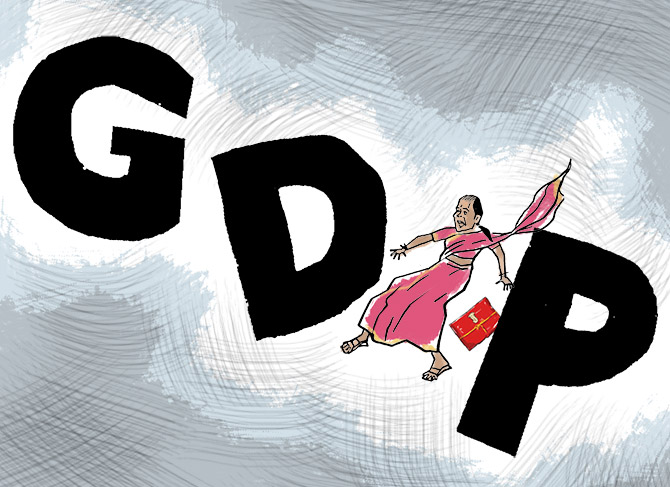At present, the EPFO is mandated to invest 20-45 per cent of its incremental funds - of around Rs 1.5 trillion - in debt-related instruments.

The Centre is planning to bring in special changes to the regulation of the Employees’ Provident Fund Organisation (EPFO), enabling it to invest in the cash-starved infrastructure sector through alternative investment funds (AIFs), said a finance ministry official.
The development is part of the Central government’s strategy to channelise domestic savings and assets into infrastructure and reduce dependence on foreign investors.
An initial estimate says domestic assets of about Rs 16 trillion can be channelised into infrastructure if the government liberalises the investment guidelines on such funds.
The central government is learnt to be in talks with regulatory bodies and departments such as the Ministry of Labour and Employment, Securities and Exchange Board of India (Sebi), Pension Fund Regulatory and Development Authority (PFRDA), and Insurance Regulatory and Development Authority of India (IRDAI).
At present, the EPFO is mandated to invest 20-45 per cent of its incremental funds (of around Rs 1.5 trillion) in debt-related instruments, according to its pattern of investment notified by the labour and employment ministry, following consultations with the ministry of finance.
This includes both private and public sector bonds issued by commercial banks and fund houses.
Elaborating on the plan, a senior bureaucrat said there were other products which had come up in the infrastructure sector and their regulation needed to be tweaked.
For instance, for AIFs, regulators have to fix certain issues, particularly tax-related ones.
Besides, some regulations at varying levels at the IRDAI, PFRDA, Sebi, and EPFO require attention.
“Currently a large chunk of the EPF is being invested in bonds issued by both private and state-owned firms but now with changing dynamics, they can invest in these products (AIFs) also,” the official added.
The EPFO uses its corpus (estimated at Rs 13-14 trillion last fiscal year) to earn from investment in debt instruments and equities.
Investment in equities is capped at 15 per cent. The rest is invested in debt.
“The talks are in a nascent stage, so the investment ceiling has not yet been decided. However, the funds likely to be allowed in AIFs (category I and category II),” said another source privy to the development.
AIFs are funds that pool capital from institutional investors and wealthy individuals to invest in riskier assets. Sebi regulates them.
Category I funds invest in start-ups, small and medium enterprises (SMEs), and venture capital. Category II funds include private equity and real estate funds, among others. Category III includes hedge funds.
Rajesh Gandhi, partner, Deloitte India, said: “Allowing the EPFO to invest in the infra sector through AIFs could give a big boost to the segment.
"At the same time, it would increase the role of AIFs.
"There are some regulatory and tax differences between AIFs and InVITs (infrastructure investment trusts) such as lack of an exit mechanism through listing in the case of AIFs, concentration limits, etc. though InVITs can invest only in operational projects.”
There are instances where the government has liberalised investment guidelines on pension funds.
In 2016, the PFRDA introduced instruments, including AIFs, allowing fund managers to invest in them up to 2 per cent of their corpus.
Photograph: Shailesh Andrade/Reuters










